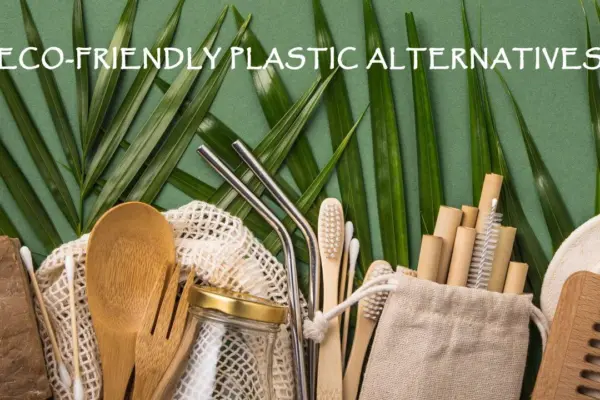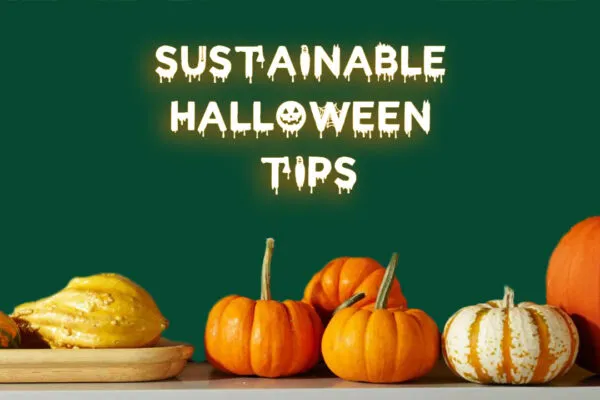Coronavirus Pandemic Could Significantly Increase Plastic Waste
Apart from the contribution to the climatic changes, plastic pollution is probably the biggest manmade foe of nature. Every year, millions of tonnes of plastic waste end up in landfills and oceans. According to experts, coronavirus pandemic could add significantly to this already grave crisis.
The amount of single-use personal protective equipment (PPE) is significantly increasing the plastic waste to a worrisome level. According to a study in Environmental Science and Technology, an estimated 194 billion disposable masks and gloves are being used all around the world every month as a result of the pandemic.
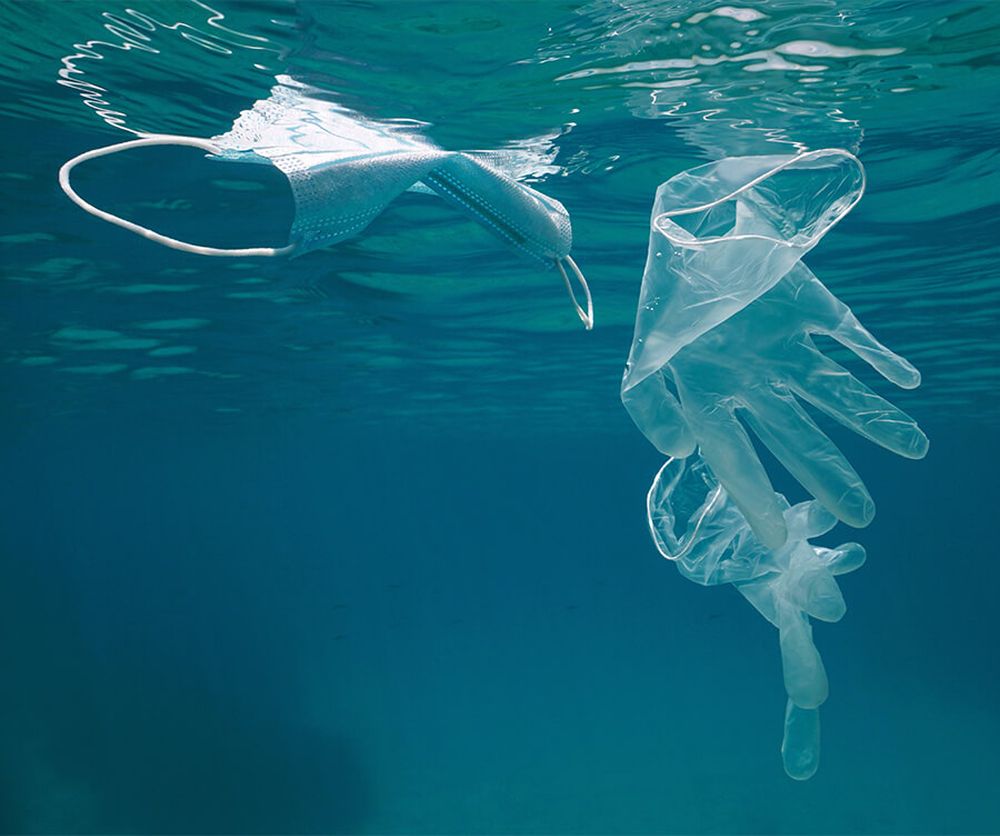
Coronavirus plastic waste has increased pollution in oceans | Image: Global Trade Review
The pandemic has generated a significant increase in medical waste, especially, plastic waste and its safe disposal has become a greater concern. The Center for Disease Control has suggested that coronavirus medical waste can be treated the same as other medical waste. This treatment generally includes burning, steam sterilization, or chemical disinfectants before the waste is sent to a special landfill. However, the amount of waste is rather concerning.
Coronavirus Plastic Waste
Most single-use PPE is made from a variety of plastics, including polypropylene, polyethylene and vinyl. With COVID-19 pandemic creating panic, the use of single-use PPE has grown ten folds. As an aftermath, all across the world people have seen a massive rise in the amount of littering on high streets, beaches and in canals and rivers as a result of single-use masks.
According to Waste Free Oceans, which collects and recycles marine litter by collaborating with fishermen and businesses, disposable plastic masks, ending up in oceanic waters could take up to 450 years to fully decompose and leave the marine ecosystem.
Even if it is disposed properly, PPE cannot be recycled as it is medical waste. It ends up either in landfill, or being burned, which further lead to many other environmental issues, such as releasing toxic fumes, contributing to climate change.
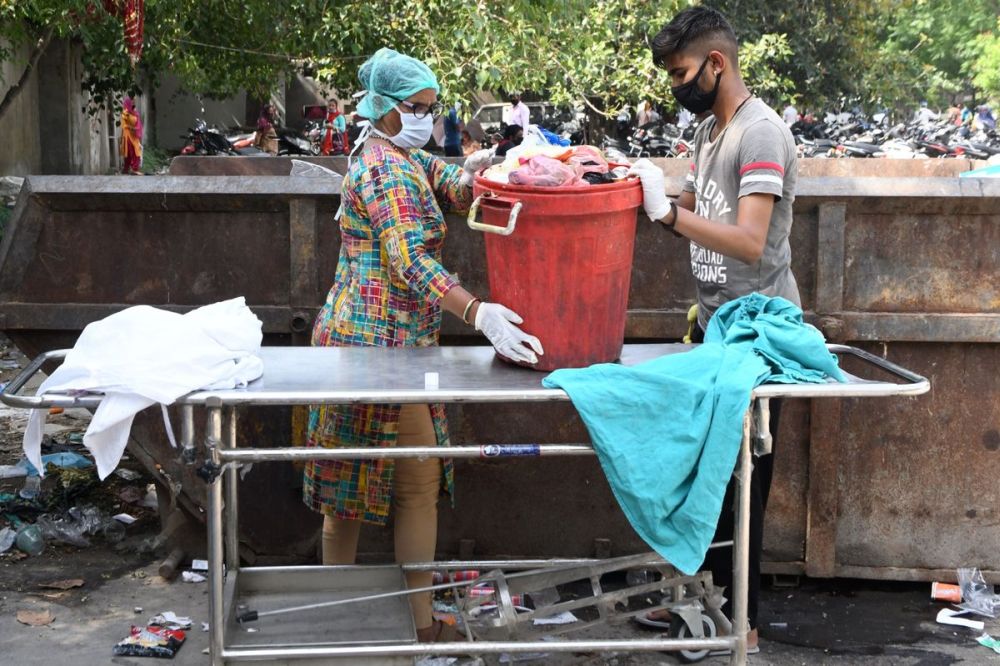
Coronavirus medical waste has created concerns about its disposal | Image: Bloomberg Quint
As the pandemic is nowhere near to be an event of the past, wearing masks in all public places has become mandatory. Conservationists are requesting people living in low-risk regions to wear reusable masks to help reduce the millions of tons of additional plastic waste.
Julian Kirby from Friends of the Earth said,
The most important thing for all of us is health and to stop the virus spreading. But most of us are not in the high-risk category, and the government advice is clear that we should be using reusable face masks. We can reduce the amount of plastic we are using and still look after our health.
Threat to the Oceans
The COVID-19 pandemic could lead to an upsurge in ocean pollution, adding to an excess of plastic waste that already endangers the marine ecosystems. The disposable masks and latex gloves are floating like jellyfish, scattered all across the oceans.
The conservationists are worried that the pandemic could create a surplus of plastic waste, which will pollute the aquatic habitats, threatening the life in the water. Divers have been discovering dozens of gloves, masks and bottles of hand sanitizers beneath the waves of the Mediterranean, mixed in with the regular accumulated waste of disposable cups and aluminum cans.
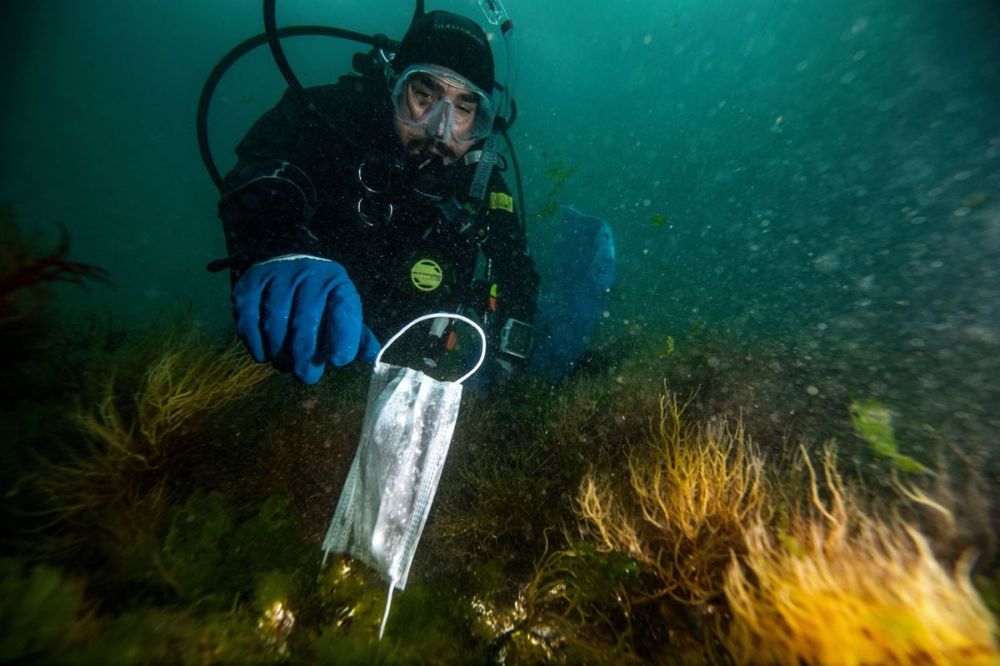
Face masks and latex gloves are plaguing the oceans | Image: Bloomberg Quint
While the quantities of masks and gloves discovered underwater were far from vast, the finding indicates a new type of pollution, one that is set to become ubiquitous after millions around the world turned to single-use plastics to fight the coronavirus.
According to a study published in the Environment, Science & Technology journal, around 129 billion face masks, and 65 billion gloves are being used each month. The numbers are deeply shocking as evidence of PPE littering roadways, washing down waterways keep emerging in the United States, in the EU, and all around across the globe.
When discarded medical items such as masks and gloves, end up in the ocean, species like seabirds and sea turtles become entangled in them and ingest them, leading to death.
Setback to Ban on Single-Use Plastics
Prior to the coronavirus pandemic, the global communities were working hard to eliminate the use of single-use plastics. Major companies and brands committed to using environmentally-friendly alternatives for packaging. Alas! These efforts took a major hit with the arrival of the pandemic.
Global efforts to ban single-use plastics have withdrawn as nations ranked hygiene over the environment for packaging and medical supplies. Sales of disposable face masks are estimated to surge over 200-fold worldwide this year.
Companies are hesitant to replace plastic with biodegradable substitutes owing to the concern about the cost and whether the new materials are sufficiently strong and effective enough for the medical purpose.
A Necessary Evil
While the amount of plastic waste from discarded masks and gloves is a potential threat to the ecosystems, it is a necessary evil given the need of the hour. Some single-use respirators and plastic gloves certainly provide more protection for those with fragile health.
According to a UN estimate, prior to the pandemic, 13 million tonnes of plastic waste entered the world’s oceans every year. Campaigners on France are worried that if single-use masks continue being used at the present rate, there could be more masks in the Mediterranean than jellyfish.
Solutions to Tackle Coronavirus Plastic Waste
For a world already battling a massive plastic pollution problem, the coronavirus plastic waste requires proficient solutions to ensure that mankind is not left flabbergast to deal with another crisis when the pandemic recedes.
Also Read: Amidst Coronavirus Thai Monks Recycle Plastic to Make Face Masks
As medical waste from coronavirus pandemic cannot be recycled, scientists are exploring new ways to reduce the burden of this waste on landfills and oceans. Scientists of about four Indian institutions have come together to recycle the surge of single-use plastics from the COVID-19 pandemic and keep them from polluting the environment.
The researchers are trying to convert discarded PPE and other medical waste of the pandemic into fuel or pellets that can be molded into automobile parts or utilized for road construction.

Abaca fibers are being used to make biodegradable face masks | Image: Green Matters
Abaca, a species of banana native to the Philippines, has great economic significance, being harvested for its fiber. These fibers could replace plastic in millions of face masks and hospital gowns, to make eco-friendly, bio-degradable substitutes. Abaca is as durable as polyester but can decompose within two months.
According to Bloomberg, the Philippine government expects a rise in demand for biodegradable Abaca in 2020, with 10 percent of all production being shifted toward medical uses. The government tested following the coronavirus outbreak and it performed well compared to standard plastic masks on water resistance and conformed to international standards.
A Bangladeshi scientist, who has discovered jute polymer, has come up with a method of making biodegradable protective gear in a promising solution to coronavirus plastic waste. Dr Mubarak Ahmad Khan, scientific adviser to Bangladesh Jute Mills Corporation, came up with the material conceptualization to prepare personal protective equipment (PPE) which is biodegradable and non-toxic.
One can only hope that people will understand the shortcomings of the plastic PPE and will prevent its harmful impacts from damaging the ecosystems by adopting biodegradable face masks and other eco-friendly substitutes for medical purposes.
